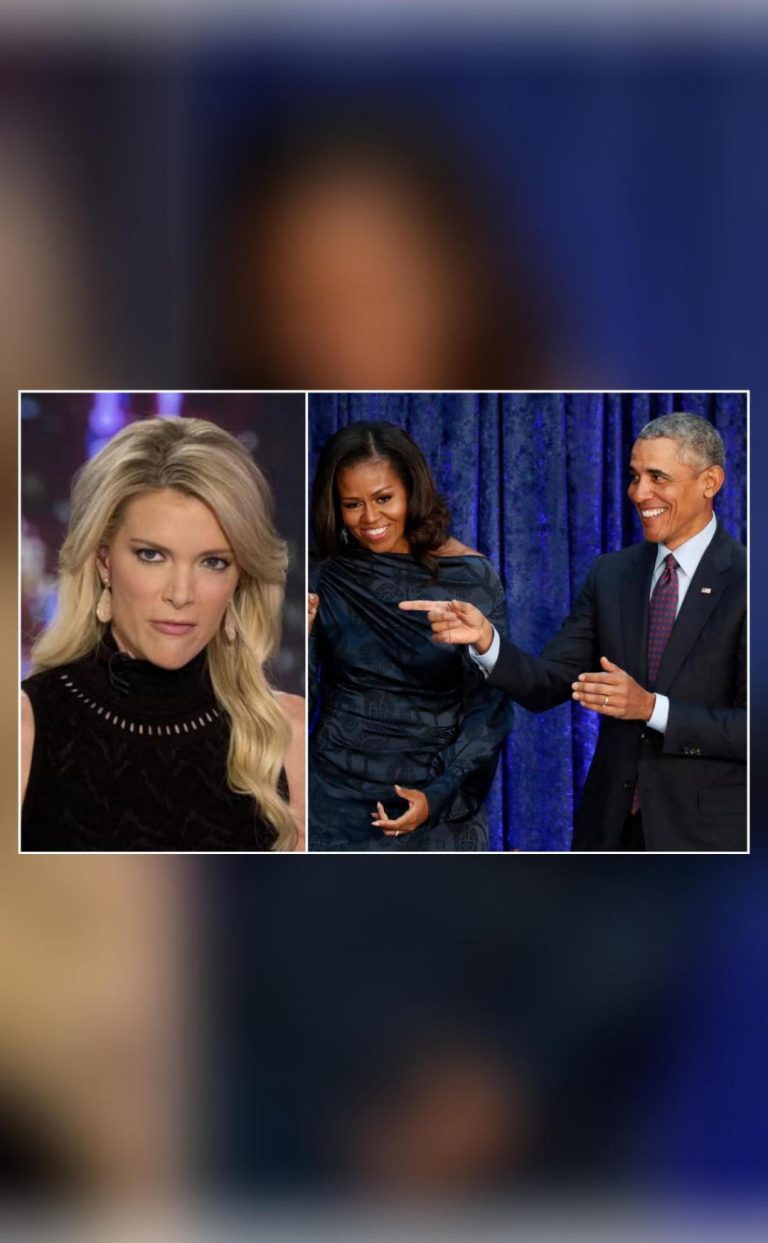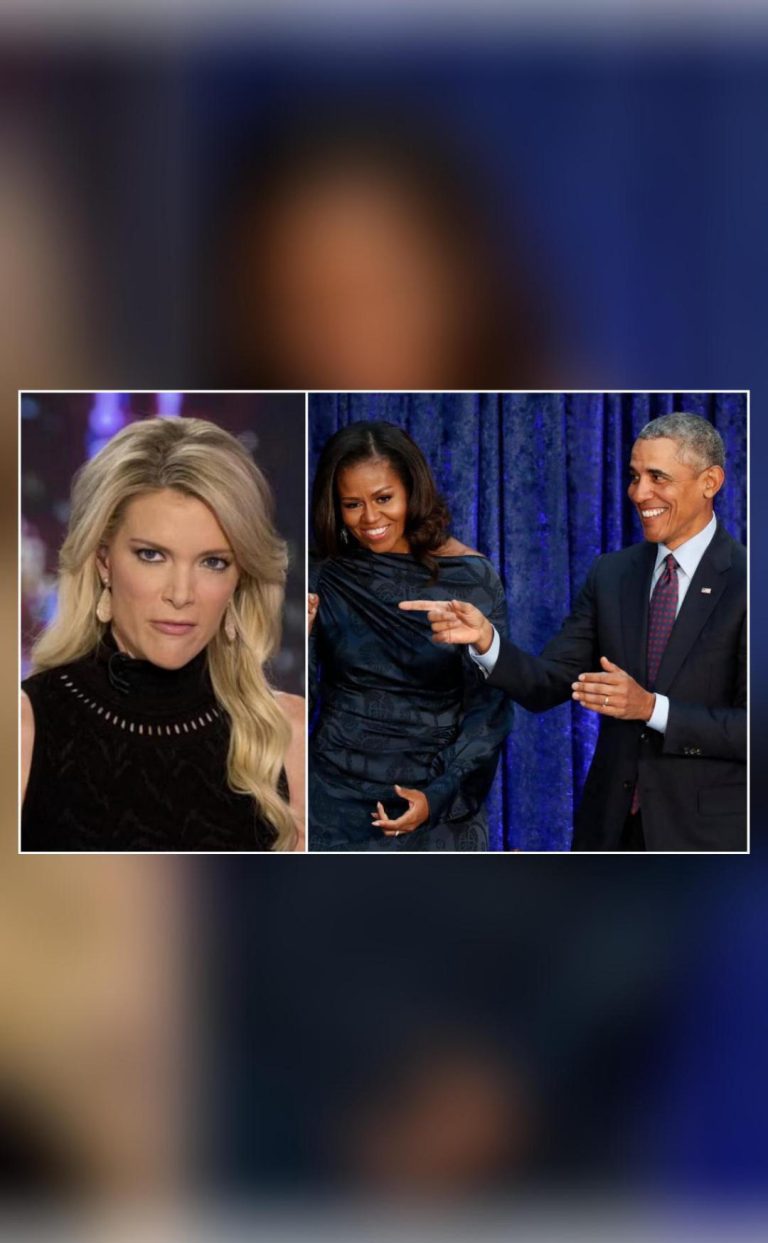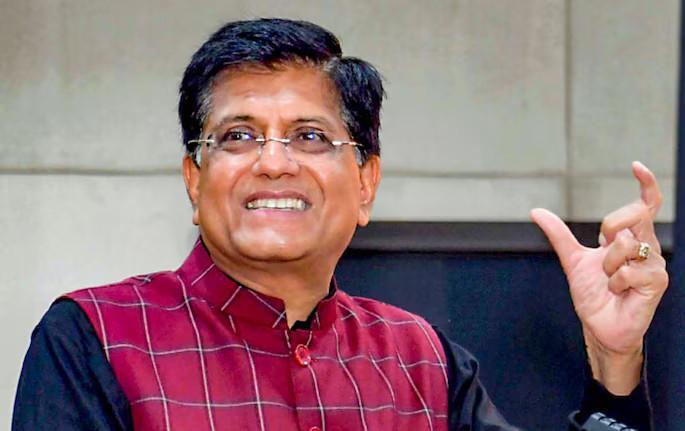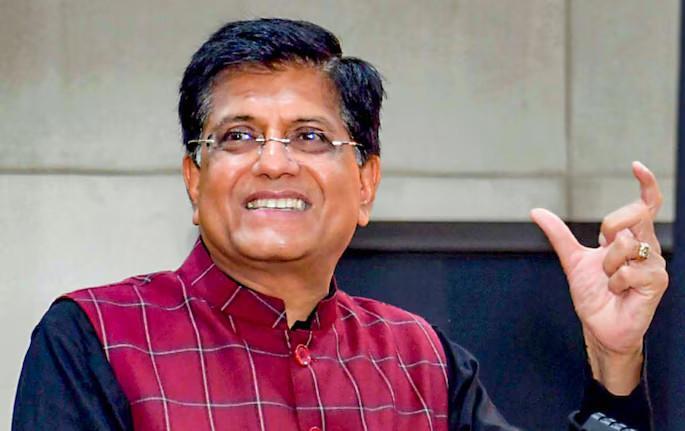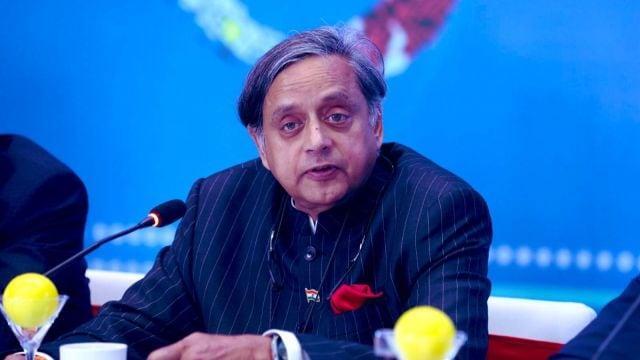
Wiping egg off my face: Tharoor admits he misjudged India’s Ukraine war policy
In a recent interview, Congress MP Shashi Tharoor made a candid admission, acknowledging that he was wrong to oppose India’s neutral stance on the Russia-Ukraine war. Tharoor’s about-face is a testament to the ever-changing nature of international politics and the importance of adapting to new circumstances.
The controversy surrounding India’s stance on the conflict began when Russia launched a military operation in Ukraine in February 2022. While many countries, including the United States and European nations, condemned Russia’s actions and imposed economic sanctions, India maintained a neutral position. The decision was seen as a strategic move by the government to maintain good relations with both Russia and Ukraine, as well as to avoid antagonizing other nations in the region.
Tharoor, who has been a vocal critic of the government’s foreign policy decisions in the past, was one of the few prominent voices within the opposition who spoke out against India’s stance on the conflict. In an interview with a national daily at the time, he called the government’s decision to abstain from voting on a UN resolution condemning Russia’s actions in Ukraine as “unacceptable” and “unprincipled”.
However, in a recent conversation with a news outlet, Tharoor took a different stance, admitting that he had misjudged the situation and that India’s neutral stance had ultimately proved to be the right decision.
“I’m still wiping the egg off my face because I’m one person who actually criticised it at the time… I was wrong to oppose it. I think it’s been a very smart move by the government,” Tharoor said.
Tharoor’s about-face is a significant development, given his reputation as a sharp critic of the government’s foreign policy decisions. His admission that he was wrong to oppose India’s stance on the conflict is a testament to the importance of flexibility and adaptability in international politics.
So, what led Tharoor to change his stance? According to him, the government’s decision to maintain good relations with both Russia and Ukraine had paid off, allowing India to maintain its diplomatic ties with both countries without having to take sides in the conflict.
“The Prime Minister has managed to hug both the Presidents within two weeks, and that’s not easy to do. I think that’s a very smart move by the government,” Tharoor said.
Tharoor’s admission has sparked a lively debate within the opposition, with some of his colleagues defending his original stance and arguing that India’s neutral stance was a betrayal of its moral obligations to the international community. However, Tharoor’s willingness to admit his mistake and change his stance is a testament to his commitment to constructive criticism and his ability to adapt to new circumstances.
The episode also highlights the challenges faced by opposition parties in India, which often find themselves caught in a bind between their desire to criticize the government’s policies and their need to appear pragmatic and responsible.
As the dust settles on the Russia-Ukraine conflict, it is clear that India’s neutral stance was the right decision. The country’s decision to maintain good relations with both Russia and Ukraine had allowed it to maintain its diplomatic ties with both countries without having to take sides in the conflict.
Tharoor’s admission that he was wrong to oppose India’s stance on the conflict is a significant development, and a testament to the importance of flexibility and adaptability in international politics. As the opposition continues to grapple with the challenges of criticizing the government’s foreign policy decisions, Tharoor’s willingness to admit his mistake and change his stance serves as a valuable lesson in the importance of constructive criticism and adaptability.
